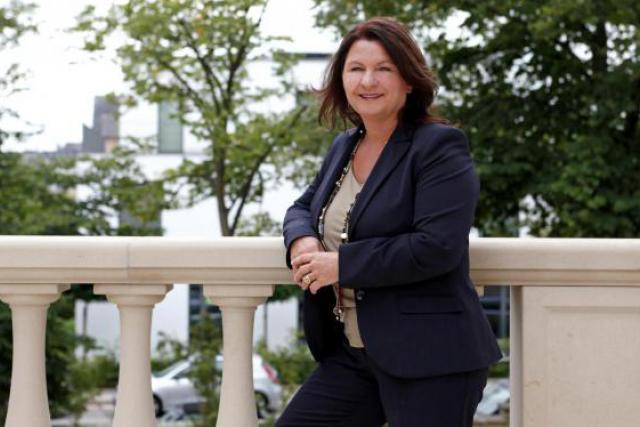Mrs Raabe, talent management is often seen as focusing on individuals that show special professional qualities. What are the criteria that should be used to be more “collectively” efficient?
“I do not believe that we actually want to look for a collectively defined set of criteria for talent. The question is not whether a person IS a talent or not – the question is about the talents that each person HAS and how they can be used best. To me, this is so much more including a variety of skills, characters and qualities resulting in a lot more engagement, fun and fulfilment.
Dividing the working population into talent and no-talent is playing a win/lose game. Besides, we cannot afford this ; we need the engagement of the entire working population in a win/win game.
I believe talent management should not be about managing an elite detached from the rest of the organisation. Talent management should identify all talents, manage its deployment in the organisation, be clear about expectations and stimulate personal development. It should take into consideration that skills and capabilities as well as organisation requirements change in the course of time and provide career paths that enable diversity and create a win/win game for all parties.
Are there some skills that are crucial for a “talent” today, and that were useless a few years ago?
“I cannot think of one competency that is useless in itself – or if, I would not call it competency. Only when we have a reference point or a goal, we can judge on how useful a certain competency is compared to that.
Imagine you were looking for a tour guide for your next holiday trip. Of course you will be looking for somebody who has knowledge about the destination you want to go, transportation and language and the like – the right technical knowledge. In addition you will be looking for a suitable character for the kind of journey you want to make. Do you want to do a sightseeing marathon, to climb mountains or to experience a retreat ? Are you looking for comfort, glamour, adventure or spiritual inspiration ? Depending on your answers to these questions, you will look for different competencies in soft skills of your tour guide.
Developing talents means understanding the needs of each individual. Are there, however, some psychological characteristics that help identifying the right persons to “invest” into?
“I see a number of characteristics that have become more important in managing a career in today’s ever-evolving environment : self-respect, personal development, resilience, to name some. The better you know yourself and respect who you are, the clearer you are about the choices you make and the easier you go with change, diversity and developing yourself.
Now, if you follow the same process on the organisation’s side, you will find that any talent management process will become much easier. The two – individual and organisation – that will show these characteristics, will become partners of choice in this process.
If we are clear about investments and results, and the assumptions we base these considerations on, we have the best foundation for trusting that our investments will pay off.”
